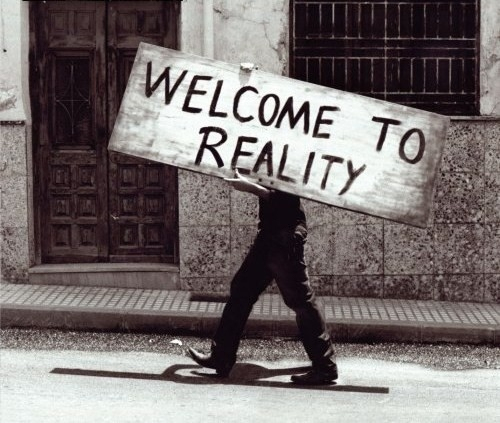"The only thing that interferes with my learning is my education," -- Albert Einstein.
Modern-day college education is almost as cliché as quoting Einstein. The first question an elder asks any 18-23-year-old individual is, "How's school?" With the assumption that post high school education is being pursued by most of Generation Y. Current student relationships with their mentor of the same university consist of a bunch of one-sided conversations reminiscing on various professors. College education creates a sense of cult camaraderie where people in college are more likely to associate with other college students and students of the same institution as respective alumni are almost blood related. As a student, you entertain the (potentially) superficial relationship because that connection will give you a lifeline once you walk across that stage, shake your president's hand as he sends you off to the wolves. For the sake of a hypothetical situation, let's say you were a perfect student; school doesn't guarantee your wealth of knowledge will be put to use. So that incites the question: What is the endgame when you enroll in college? Is it to learn or the plaque that says you've learned?
Education channels you into a selective way of thinking. How valuable is your four years of dedication in the grand scheme of things? You've invested into your education which will hopefully prepare you for your ideal position once you graduate. But in this nation's current state, a bachelor's degree is now a glorified GED.
So once you've concurred the undergraduate feat you meet the crossroads of finding that job position -- as Sallie Mae fills up your call log like an ex-girlfriend -- or the costly option of graduate school. Soon I'll be reaching that timely dilemma, staring into the face of reality almost makes you want to run and hide back under the undergraduate covers. My resume is packed with contribution positions at our beloved Huffington Post and Funny or Die. To make my previous internship work, I slept in an apartment with no electricity and traveled by train from Queens to the Lower East Side each and every day.
That experience is rivaled by my latest endeavor of taking a semester of 24 credits while interning for Rhapsody Entertainment. Aside from personal bias, I think my resume represents both ends of the spectrum well. I've partnered an education with professional extracurricular activities, and guess what: I still don't have a job.
I am opting not to walk when I graduate from college next month. Partially because now that I am free I don't feel like I have to abide by the institution's traditions. But more so because there are better ways that I can spend those five daunting hours watching strangers tip their cap in premature celebration. That degree used to be the separator between candidates, now it's next to meaningless but ultimately necessary. I'm starting to think the Peter Thiel induced college dropout fad should be more popular among the public. Why has society made the norm for the path to occupational success strictly through a diploma? As a result, the entrepreneurs who make it on their own account are "risk-takers." I see much more of a risk spending four years of tuition on a conditional guarantee. Your professional ceiling is undoubtedly contingent upon your own work ethic. Regardless of which route you take, the safe path or the road less traveled both require you to create your own opportunities; leaving entrepreneurship ability as a prerequisite. Education is worth it when you know how to use it to your advantage. But who gives you that opportunity to do so isn't determined. So I ask, what's the difference maker if everyone is funneling through the university course of life turning college into a uniformity factory?

